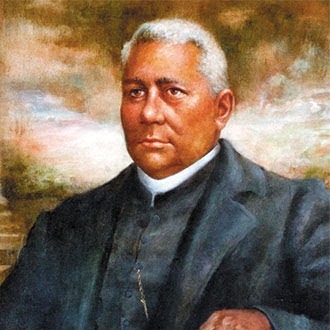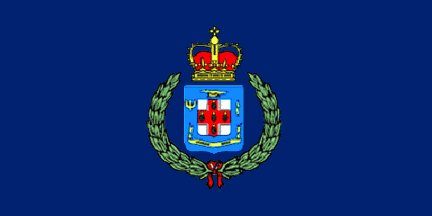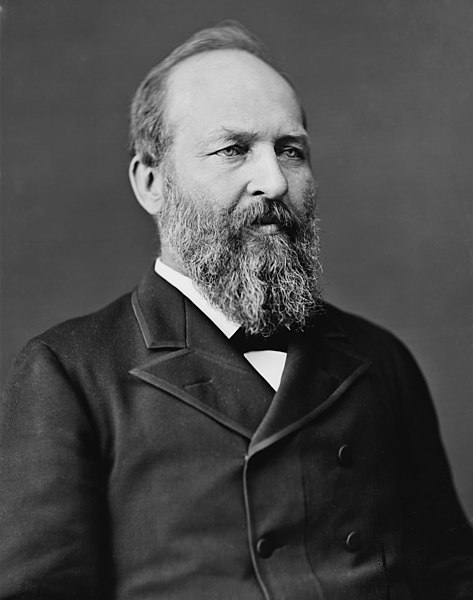First of all thanks for the segment on the US Military; if the US wants to spread freedom, a stronger military is essential.
So some observations, questions etc.:
- I assume that one priority will be pacifying the various Indian tribes out west.....also dealing with the French presence in Mexico; I would think Colfax and his successors will pressure the French out of Mexico. Needless to say, this will no doubt increase tensions with France.....
- As for Britain, don't forget the "Alabama Claims"; this will also contribute to worsening relations, especially if the British delay or stonewall the claims....
- Will the US purchase Alaska from the Russians ITTL? Hawaii might be considered for annexation too. Also, the US might start looking at Cuba earlier too....
- What kind of economic policies will postwar administrations follow? Will Bimetallism be a thing ITTL? how will they deal with Greenbacks?
- How will the US react to the Franco-Prussian war?
- Will former Confederates be allowed into the US Army or Navy (especially officers)?
- With blacks getting freedom, will women seek the right to vote earlier?
Thanks for the questions! Let me try and answer as best I can.
1. The Indians out West are about to be dealt with in the next chapter. Military expeditions where needed, and an alt-Dawes Act that pushes natives to assimilate to American culture and obtain citizenship. Colfax and his successors have indeed been pressuring France to get out of Mexico, which has contributed to France's vitriolic reaction to the Jamaica Incident.
2. I imagine the British have been stonewalling the Alabama claims a great deal, and this has contributed to anger on both sides.
3. Alaska was purchased roughly a year before the POD. So, yeah Alaska was purchased. Hawaii is going to be annexed in 1895, and the Spanish-American War (where the US will acquire Cuba) will be happening in 1896. That's a few years ahead of schedule.
4. The Gold Standard rules, but that's actually about to be a point in the story. In a (pretty successful) attempt to reinvent themselves, the Dems are about to start advocating populist economic policies, whereas the Republicans will be the party of big business. The Democrats will push for the Silver Standard or Bimetallism, but will eventually cave to the Gold Standard in return for other populist economic reforms (railroad regulations, earlier persecution of trusts, etc.)
5. At the time, the US ranged from indifferent to slightly pro-French. However, as tensions have risen over Mexico and the Jamaica Incident, public opinion has swung towards the Germans.
6. Former Confederates, both officers and enlisted men, will be allowed to serve. However, they have to swear a special oath renouncing the Confederacy, condemning their former actions, and swearing to never again take up arms against the Union.
7. Women will probably seek suffrage earlier than OTL. However, it will still take the catalyst of WWI for them to get the vote, since both conservative white and black men are on the same page on this issue.








